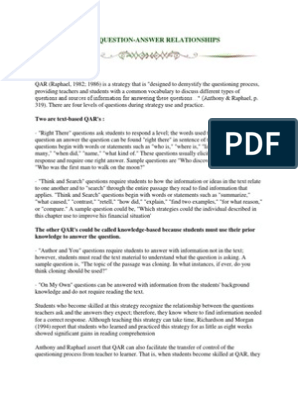100% found this document useful (1 vote)
914 views3 pagesCognitive Considerations ...
The document discusses the critical period for second language acquisition according to different cognitive theories. Jean Piaget's theory defined the end of the critical period as ages 11-16, when children develop formal operational thinking. However, David Ausubel argued that while children can learn a second language, adults have advantages in learning grammar rules consciously with explanation, which is not as important for children. Both childhood and adulthood involve different learning processes, but learning is generally faster for children who acquire language unconsciously without doubts or questions about mistakes. Piaget also explained that language acquisition helps children achieve cognitive equilibrium as they organize their knowledge.
Uploaded by
Gustavo MoralesCopyright
© Attribution Non-Commercial (BY-NC)
We take content rights seriously. If you suspect this is your content, claim it here.
Available Formats
Download as DOCX, PDF, TXT or read online on Scribd
100% found this document useful (1 vote)
914 views3 pagesCognitive Considerations ...
The document discusses the critical period for second language acquisition according to different cognitive theories. Jean Piaget's theory defined the end of the critical period as ages 11-16, when children develop formal operational thinking. However, David Ausubel argued that while children can learn a second language, adults have advantages in learning grammar rules consciously with explanation, which is not as important for children. Both childhood and adulthood involve different learning processes, but learning is generally faster for children who acquire language unconsciously without doubts or questions about mistakes. Piaget also explained that language acquisition helps children achieve cognitive equilibrium as they organize their knowledge.
Uploaded by
Gustavo MoralesCopyright
© Attribution Non-Commercial (BY-NC)
We take content rights seriously. If you suspect this is your content, claim it here.
Available Formats
Download as DOCX, PDF, TXT or read online on Scribd
/ 3
































































































